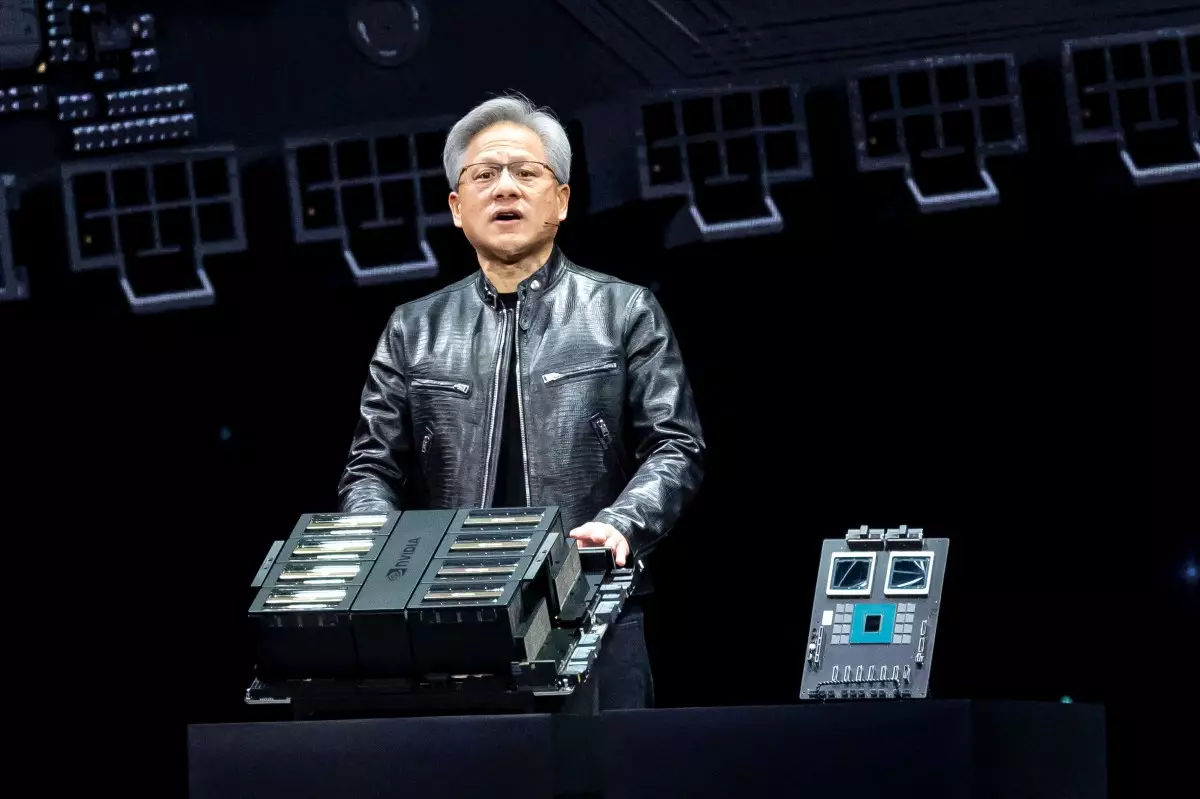The landscape of technology is perpetually shifting, and no company embodies this dynamic better than ByteDance, the parent company of TikTok. In a bold move, ByteDance has set its sights on acquiring a staggering $7 billion worth of Nvidia chips by the year 2025. This ambitious plan comes despite the mounting restrictions imposed by the United States on its technology exports, particularly concerning sophisticated artificial intelligence (AI) chips. The challenge lies not just in securing these chips, but in doing so while navigating a regulatory environment that is increasingly skeptical of Chinese tech companies.
The U.S. has implemented stringent export controls aimed at limiting China’s access to cutting-edge AI technology, particularly through the imposition of rules regarding certain Nvidia chips that are crucial for AI processing. In 2022, these restrictions were tightened further, reflecting a growing concern about technology transfer and national security. The move highlights the increasing friction in U.S.-China relations and the geopolitical ramifications of technological advancement. As these restrictions evolve, companies like ByteDance must employ strategic maneuvers to circumvent potential barriers while remaining compliant with international laws.
ByteDance appears to be leveraging a logistical loophole that allows it to acquire these essential AI chips without breaching U.S. regulations directly. Instead of importing chips directly to China, ByteDance plans to stockpile them in data centers located in Southeast Asia and other regions. This approach effectively sidesteps the legal hurdles presented by export restrictions while ensuring that the company has access to vital technology. This misdirection in logistics illustrates ByteDance’s innovative strategy to maintain its competitive edge in the AI space despite an increasingly restrictive environment.
With this strategic procurement of Nvidia chips, ByteDance is poised to enhance its AI capabilities significantly. The company has already made notable advancements in the AI sector, particularly with its chatbot Doubao, which boasts around 51 million active users. This platform’s success underscores the importance of having access to powerful processing capabilities, which Nvidia’s chips can provide. In an industry where user experience and engagement are crucial, timely investments in technology can mean the difference between leading the market or falling behind to competitors.
While navigating a minefield of geopolitical restrictions is daunting, ByteDance’s proactive approach signals its commitment to remaining at the forefront of technological innovation. By planning substantial investments in advanced AI chips and strategically deploying logistics, the company is crafting a path that not only respects U.S. regulations but also positions itself strongly within the global tech landscape. As we watch this intricate dance between regulation and innovation unfold, it is clear that ByteDance’s strategic foresight might just allow it to thrive amid the complexities of international trade and technological advancement. The world will be watching closely as 2025 approaches, awaiting the outcome of this high-stakes endeavor.

